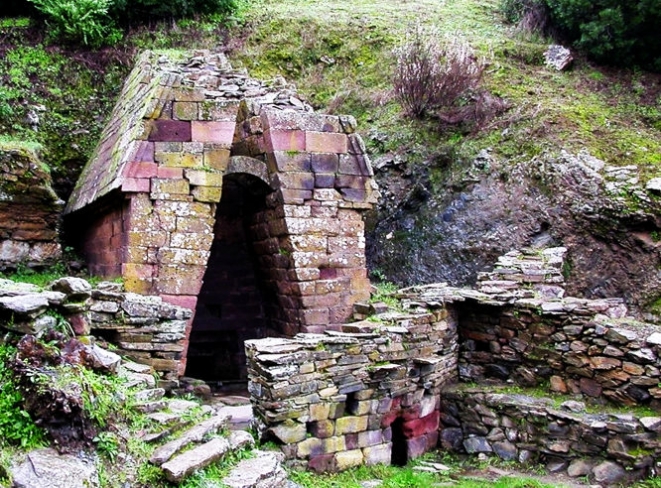Bachisio Zizi
Between unreality and pain

The wire of the stone (1971), Flocks of anger (1974), The bridge of Marreri (1981), Erthole (1984), Clay Saints (1987) are the evocative titles of likewise works written by the big Sardinian writer. Bachisio Zizi draws inspiration from the same things of other artists as Deledda, the poet Satta, Cambosu, because he sinks origins into that inland made of terrible loneliness, ferocious passion, abstract rules, modest and unpretentious people: Nuoro, Orotelli, Orune. Are widened and narrow continuously the confines of that metaphysical Sardinia, of that eulogized “soul place”. The whole Zizi’s literature, often misunderstood, is made of that.
A childhood of work and sacrifices in Orune, where Bachisio, without never giving up studying, worked as a stone cutter with his father. When he was twenty years old, he took his school-leaving certificate as an accountant, then he attended university and, finally, he began working in a bank, after a competitive exam. However, during the years, increased his passion for literature, that incited him to read voraciously an enormous quantity of books. Shortly, have been arising the first novel samples, written through patience and tenaciousness; the village of Orune and all the dramatic, comical and tragic characters appeared in his tales.
The separation, like an anguishing break, was essential for Zizi. It represented what allowed him to understand which was his task: looking people, things and places through writing. Maybe, Erthole is the work that represents mainly the idea of identity place, a topic loved by Zizi. It is a melancholic, sad and very intense work, in which it is possible to grasp the inner being of things and the people’s brutal familiarity. Probably, they are the best pages by Zizi; dreamlike, vaguely alike those of Satta, full of passion, evocative pages, in which characters live in a rush of unreality, where time seems to be deprived of something.
Unfortunately, today, lots of work by the writer of Orune are out of print, or almost. But, we would like to think that, like Erthole represents the place of comeback par excellence, such that Bachisio Zizi is the writer of the discovery for natural deduction, because the sense of comeback never like in this case was identified as the merit of discovering again.